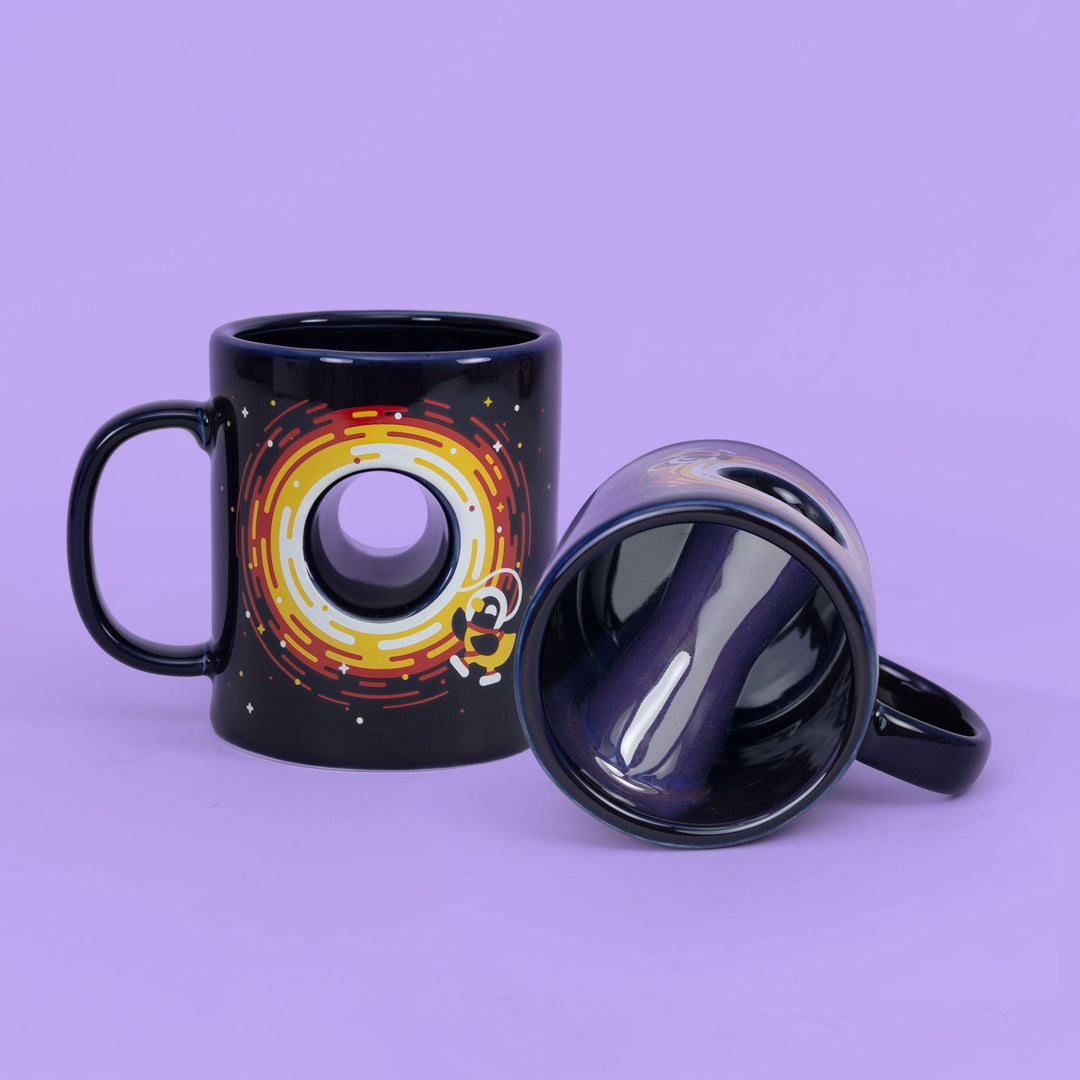I had a very cool class in research epistemology and the exercise was basically to answer the question, do liquids have a shape and if yes, which is it? How would you prove it?
It was the source of the most deranged but valuable discussion I’ve ever had.
One of them arguments was that in a vacuum, absent of any container or gravity, a liquid’s shape is that of a sphere.
Another one was that depending on the definition of liquid, liquids might or might not have a shape. This ranged from definitions of liquid based on atomic structure of molecules up to phenomenological definitions (asphalt and glass are liquids, according to some definitions e.g.). It also varies depending on the definition of the attribute shape itself.
The point of the exercise was to challenge the notion of objective truth in science.
Without gravity it’s a sphere, or in free fall without air drag it’s a sphere (if it has sufficient surface tension anyway, which is what makes lava or molasses flow that way, in combination with its viscosity).
But in a vacuum it will boil off until the vapor pressure is high enough to eliminate the vacuum. But then it’s not in a vacuum anymore.
Really a fluid or liquid will always try to minimize its surface area while fighting gravity.
It’s a definitions problem that a lot of people who think there aren’t “objective truths” in science.
It’s asking about the coffee not the coffee cup.
If your coffee has a hole in it that’s weird.
I take my coffee black-hole seriously.
A black hole isn’t a hole.
If it’s in space sure, but what if it’s on a person.
You could say the same thing about a bullet but a bullet isn’t a hole either.
Or is it? We don’t know what’s going on inside the singularity, it might as well actually be a hole in spacetime.
Ah but you see, coffee in this mug would have a hole in it:
I could fuck that coffee cup.
I believe you
This looks like hell to clean
Just enjoy the meme you fuckin nerd.
I can’t enjoy it if it’s obviously based on lies.
Plus look at that fucking coffee cup handle and tell me you like it, I dare you.
I had a very cool class in research epistemology and the exercise was basically to answer the question, do liquids have a shape and if yes, which is it? How would you prove it?
It was the source of the most deranged but valuable discussion I’ve ever had.
Isn’t part of the definition of liquid that it takes the form of its container?
I need another epistemological argument like I need another hole in my head.
One of them arguments was that in a vacuum, absent of any container or gravity, a liquid’s shape is that of a sphere.
Another one was that depending on the definition of liquid, liquids might or might not have a shape. This ranged from definitions of liquid based on atomic structure of molecules up to phenomenological definitions (asphalt and glass are liquids, according to some definitions e.g.). It also varies depending on the definition of the attribute shape itself.
The point of the exercise was to challenge the notion of objective truth in science.
Without gravity it’s a sphere, or in free fall without air drag it’s a sphere (if it has sufficient surface tension anyway, which is what makes lava or molasses flow that way, in combination with its viscosity).
But in a vacuum it will boil off until the vapor pressure is high enough to eliminate the vacuum. But then it’s not in a vacuum anymore.
Really a fluid or liquid will always try to minimize its surface area while fighting gravity.
It’s a definitions problem that a lot of people who think there aren’t “objective truths” in science.
If the “thread” width is around the size of an electron, then the coffee (liquid) has basically infinite hole.
The same applies to the cup, our hands and so on